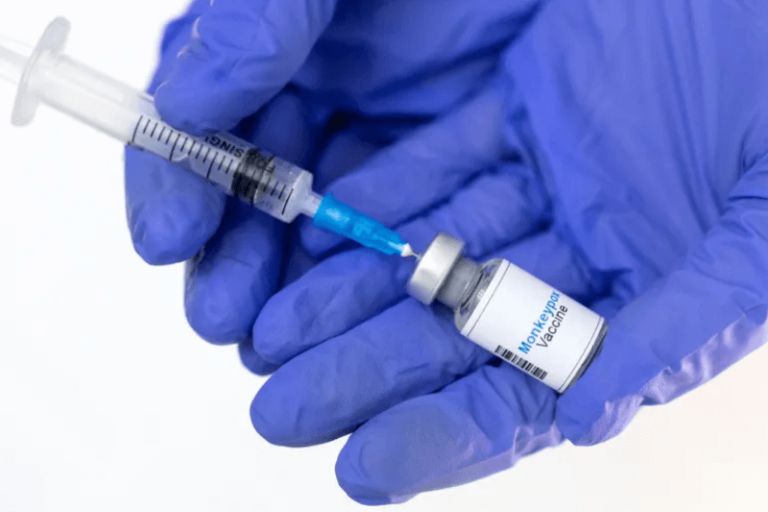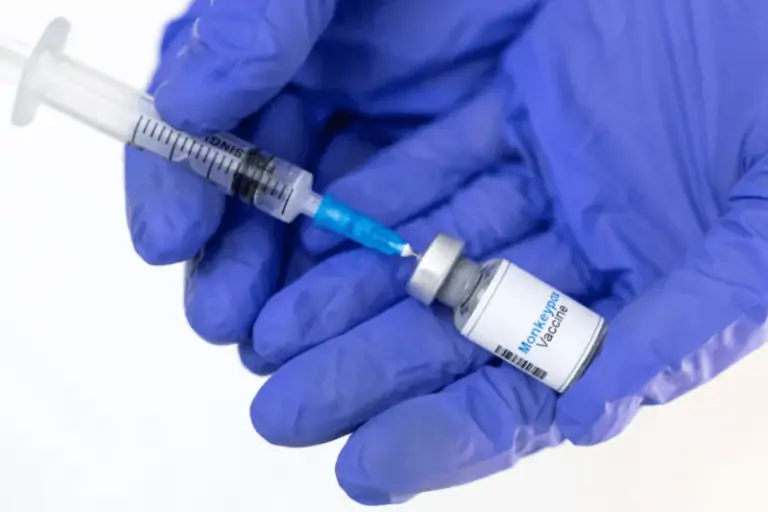

who calls an emergency meeting regarding africa's mpox crisis
Tedros Adhanom Ghebreyesus, the Director-General of the World Health Organisation (WHO), called a “emergency” conference of international specialists on Wednesday in response to a fast rise in cases of the most lethal version of the Mpox virus in African nations. WHO scientists have expressed great worry over this variety, which is known for its great infectiousness.
Tedros underlined the seriousness of the matter at a press conference in Geneva, stressing that an expert panel would decide if the epidemic calls for a worldwide emergency status. “We have to decide our next actions since the fast spread of this variant among people is concerning.”
WHO has set aside $1 million from its emergency budget to help to stop the epidemic. This action seeks to support initiatives to control the Mpox outbreak spreading over the continent.
Ten African countries have reportedly seen Mpox, sometimes known as monkeypox, according to the Africa Centers for Disease Control and Prevention (Africa CDC), who said last week With almost 96% of all recorded cases and deaths attributed to the Democratic Republic of Congo (DR Congo), According to Africa CDC, children aged 15 and under account for around 70% of the infections in DR Congo, also accounting for 85% of the deaths.
Last week, new Mpox cases were recorded for Burundi and Rwanda; other cases were discovered in Kenya and the Central African Republic. Earlier this year, researchers revealed that a more deadly form of Mpox has surfaced in a mining town in Congo, capable of killing up to 10% of all people affected. Growing concerns center on the likelihood of this variance spreading more easily across individuals.
The major way mpox is transmitted is close contact with infected individuals—including those in sexual interactions. Mostly affecting gay and bisexual men, Mpox is spreading throughout more than 70 nations and the WHO classified it as a worldwide emergency in 2022. Western countries have mainly under control its spread by means of vaccinations and treatments, but these tools are still rare in Africa.
Underlining many concerning aspects of the Mpox epidemic in Africa, Maria Van Kerkhove, in chief of the WHO’s outbreak branch, demanded a fast and all-encompassing approach. “We must not let the world merely observe and delay,” she said. Right now is the time to act.
Particularly the disadvantaged children in Africa, the situation calls for fast and coordinated worldwide activities to limit additional spread and minimize the effects for affected populations.
The emergency conference of the WHO seeks to combine resources and knowledge from all around to properly handle this increasing menace.
South African President Cyril Ramaphosa defended his nation against claims of white discrimination made by tech magnate Elon Musk. After…
Hilton launched Signia by Hilton for its first appearance in Egypt and Africa through its hotel expansions. These hotels at…
UNICEF reported that, nearly 2900 people died of cholera across Eastern and Southern African countries while children suffer most greatly…
Enza, based in the United Arab Emirates, obtained $6.75 million in initial investment funding from Algebra Ventures and Quona Capital.…
US Secretary of State Marco Rubio ordered South African Ambassador Ebrahim Rasool to leave America by March 21 because he…
Early 2025 ends with IPL fever in India and cricket fans receive good news of an international schedule full of…
This website uses cookies.